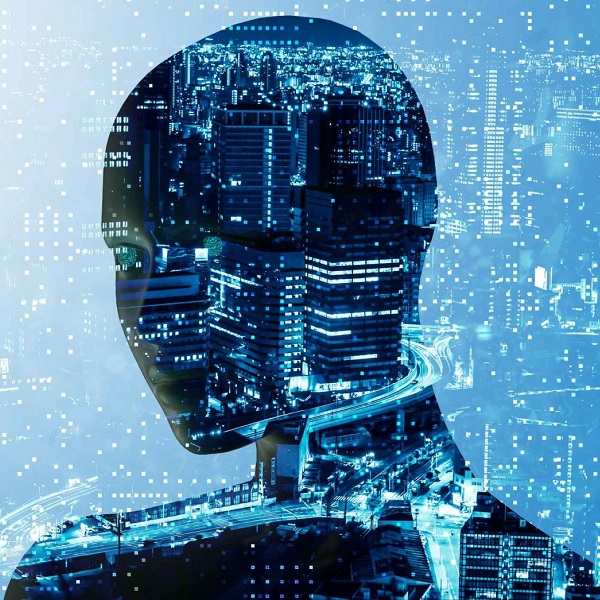
How businesses can purposely implement AI
By Jeff Stewart, Field CTO at SolarWinds
From industry conferences to boardroom discussions, Artificial Intelligence (AI) has dominated the conversation across the tech industry as both employees and consumers have begun to see first-hand the ways AI can leverage its transformative capabilities to drive efficiency, innovation, and competitive advantages. However, as the excitement surrounding AI continues to increase, so do concerns regarding its application.
As concerns escalate regarding data privacy and bias in algorithms underpinning AI, there is also a worry that AI implementation in companies may negatively affect the employee experience. Harnessing the power of AI must go hand in hand with a commitment to promoting employee growth, productivity, and creativity.
The ongoing sea change with AI will only occur once – therefore, it’s critical to get it right. This means businesses must make the shift to an AI-driven workplace in a purposeful way. Core to this approach is recognising that AI is not a replacement for people, but rather a supporting tool to empower and accelerate human innovation and productivity.
Through several significant steps to purposefully implement AI solutions into business processes, companies can ensure they reap the benefits of AI without negatively impacting the employees they rely on daily. This includes identifying the tasks best suited for AI automation before leaping in blind, constantly engaging with employees using the technology on a daily basis, and being nimble to make any needed changes based on continuous employee feedback.
To summarise, a purposeful approach to AI entails integrating the technology as an actual part of our teams rather than a replacement of them. While integrating AI into your team sounds like the realm of science fiction—conjuring images of HAL 9000 not complying with instructions or golden droids walking around your office break room—the current reality is less fantastic and more practical. We are already seeing glimpses of how AI-powered teams will work this year.
According to recent YouGov research, Australian workers leveraging generative AI report significant productivity boosts, with 82% attributing increased productivity to its use. Notably, the Commonwealth Bank of Australia has exemplified this trend by deploying AI-powered chatbots in their customer service department. These chatbots efficiently handle routine inquiries, offer account information, and facilitate basic transactions, enabling human staff to concentrate on more complex customer needs and personalised services.
AI is also changing the way we operate within the IT space for the better. Hybrid IT, modern application development processes, digital transformation efforts, and the move to the cloud have all made digital environments increasingly complex. This has made the job of IT incredibly challenging and so artificial intelligence for IT operations (AIOps) has become a critical tool for the overworked and under-resourced IT teams that are keeping our systems running.
With AIOps, companies can quickly address and even predict complex issues—such as a database latency that’s causing problems with a company application—before they occur, freeing up teams to innovate and support the business. We are in the early days of AIOps, as a recent survey by SolarWinds found that the majority of tech professionals (62%) are not currently using AI on a daily basis. But the future is not far off for the ways IT teams will work with their AI teammates. Many seasoned IT pros are now predicting that, because of advancements in generative AI, we may only be a couple of years away from a world of autonomous operations.
As AI becomes more accessible in these ways, organisations must consider the impact it may have on employees’ growth and happiness. One study on this topic asked more than 65 researchers to look at the possible consequences of AI as teammates. Though that study confirmed increased creativity and a higher quality of decision-making by AI-powered teams, it also found there could be significant societal and cultural trade-offs. Questions were raised about whether AI could negatively impact human feelings of belonging or whether the technology could act empathetically toward employees.
It’s evident that AI will have a deep impact on our businesses and teams this year, but its implementation will be what determines whether it becomes a partner for human growth and business innovation.

